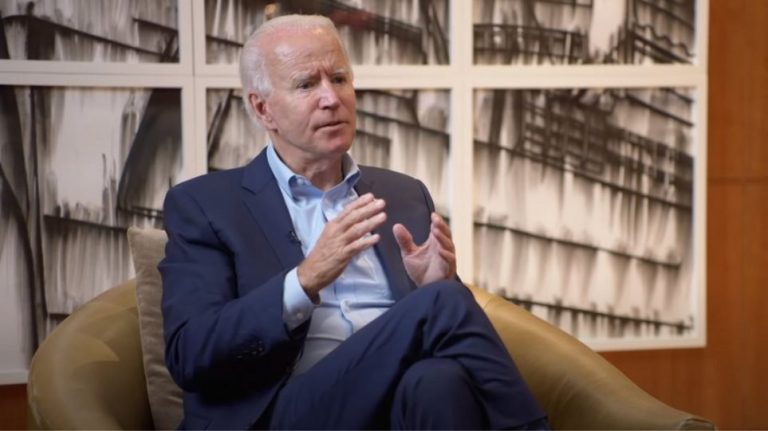A report by the Turkey-U.S. Business Council last week urged Turkish officials to step into the vacuum created by rising U.S.-China tensions to increase trade with the United States and boost U.S.-Turkey relations.
Yet despite a range of major disputes – the possible extradition of Turkish preacher Fethullah Gülen, the sanctions-evasions case against Turkey’s state-run Halkbank, Turkey’s purchase of Russian S-400 missile defence systems and its widely criticized military offensive against U.S.-allied Kurdish militants – ties between the NATO allies may already be too tight.
Since Turkey released U.S. Pastor Andrew Brunson in late 2018, President Donald Trump and his Turkish counterpart Recep Tayyip Erdoğan have been something like bosom buddies, to the point that Trump tends to go along with Erdoğan’s wishes, according to former National Security Adviser John Bolton’s book, “The Room Where It Happened”.
The two leaders speak on the phone every few weeks and their friendship extends to their kin: Bolton details how White House to White Palace communications often occur via the presidents’ sons-in-law, White House adviser Jared Kusher and Turkish Treasury and Finance Minister Berat Albayrak.
Greece and Egypt sign partial EEZ designation
Beirut blast – Owner of cargo ship located in Cyprus
Former U.S. Ambassador to Turkey Eric Edelman said earlier this month that these strong family ties give Erdoğan the sense that he has a “get out of jail free” card in regards to possible sanctions. Thus far that appears to be the case. Congress has pushed Trump to sanction Turkey for its S-400 purchase – an action that is mandated by U.S. law – and for its Libya intervention; the U.S. president has yet to budge.
“The personal relationship between these two men has come to transcend all levels of bureaucracy when it comes to foreign policy-making,” Merve Tahiroğlu, Turkey program coordinator for the Project on Middle East Democracy, told Ahval in a podcast.
Read more: ahval
Ask me anything
Explore related questions





